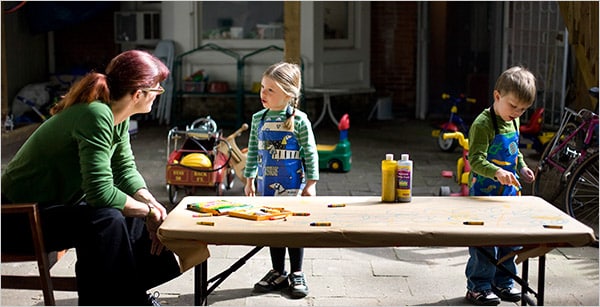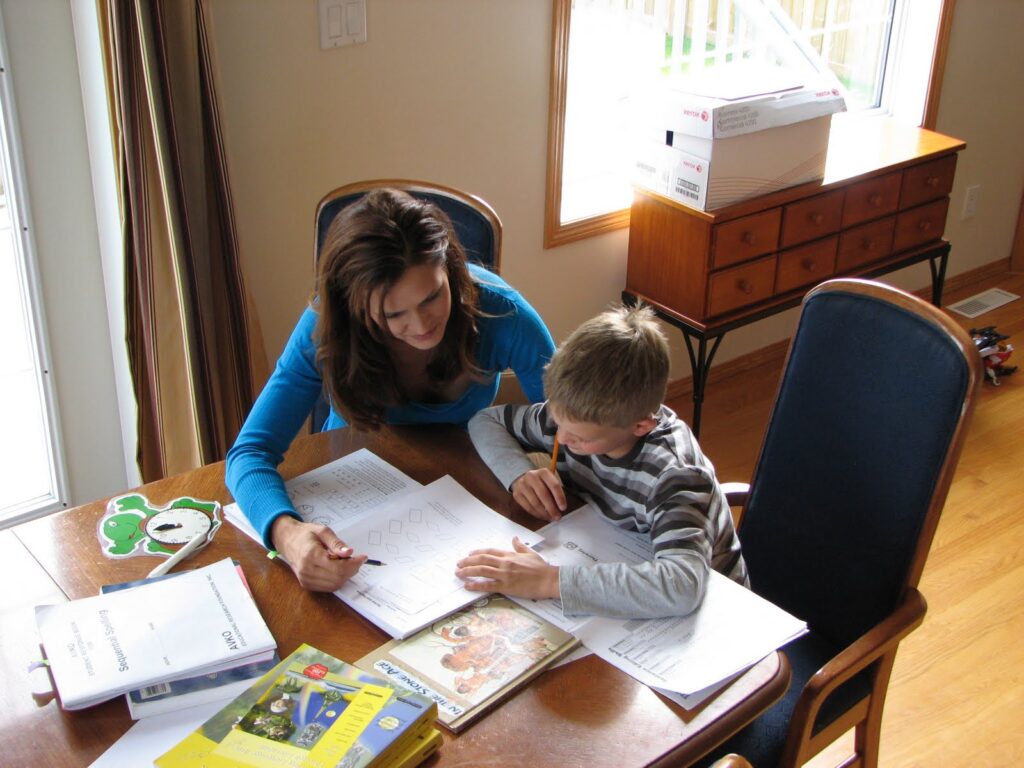Have you ever heard of the term unschooling? The first time I came across it myself was when I was pregnant and wondering how I want to raise my daughter.
I am a huge advocate for the decolonisation of education and not a huge fan of Western Education mainly because I see it as a tool to uphold White Supremacy.
Western Education is an education that is centred around White supremacist values, or the idea that anything close to whiteness is better, For me, unschooling is not only a brilliant alternative to western education but a brilliant tool of liberation as it puts into question our whole educational system, its purpose and the way it is conducted and proposes something totally different.
What is unschooling?
Unschooling is a different way of looking at children, life and education.
It’s a way of learning that allows the child’s natural interests and curiosities to drive their own path of learning.
It’s basically looking at education in a brand new way. It’s also a learning process that, contrary to how it sounds, is not passive but quite active.
Unschoolers are homeschoolers that are using a different learning process, rather than using a defined curriculum, and trust children to gain knowledge organically. The learning process is more experimental, and the focus is on the individual child’s interest, passions, natural curiosity and personality traits.
It is also based on trust that parents and children will find the best learning path that works best for them, without depending on guidance from educational institutions, publishing companies, or experts to tell them what to do.

Unschooling vs Traditional Schooling
Traditional schooling priorises learning by subjects while unschooling learning process is based on interests that cross many subjects.
In a traditional schooling context knowledge is given by teachers to students, and it’s mainly a one way learning process while in unschooling knowledge is acquired by the student, supervised by an adult which in the process will also learn or unlearn, everyone is a student.
Goals are also set by the student rather than by the teacher. Resources vary more, coming from parents, siblings, everyday people, internet, outdoors, museums, life experiences.
In this way the learning happens constantly rather than in a specific time and at a specific place.
Unschooling does not mean that parents can never teach anything to their children, or that children should learn about life entirely on their own without the help and guidance of their parents.
Parents are here to provide support and a safe environment for their children to learn and feel comfortable to pursue their own interest.
Parents do not give up active participation in the education and development of their children, only the participation required is different.
Unschooling vs Homeschooling
Unschooling is meant to be a type of homeschooling.
The homeschooling umbrella is broad. It covers homeschooling styles such as relaxed homeschooling, unschooling, worldschooling, unit studies, eclectic secular, interest-led charlotte mason, school at home montessori amongst others.
Homeschooling is the idea of educating at home, and even though unschooling falls under its umbrella it deserves its very own category.
Unschooling and homeschooling both take place at home versus school although unschooling doesn’t happen only at home.
It involves both the children and the parents. They both embrace alternatives to traditional schooling and want something more than what public schools have to offer.
But homeschooling still tends to follow a curriculum in which unschooling’s approach to education is very child led and based on the theory that learning happens best through life.
Homeschoolers are still mainly guided by state and national standards and are very ‘school like’.

Unschooling allows children much more freedom to learn.
Our current education system is a tool of capitalism and white supremacy that doesn’t truly serve our youth in my opinion but rather teaches them to be marketable, and to only learn things that they can be employed for.
We need a learning process that is more liberating and that’s what unschooling offers.
It takes the pressure off the children to perform and assimilate, leaving them with the chance to fully embrace their natural interest, passions, curiosity, and not to worry about the rest.
It gives the freedom to find the right learning strategies and processes that will best help our child to learn what they want and exactly how they need to.




